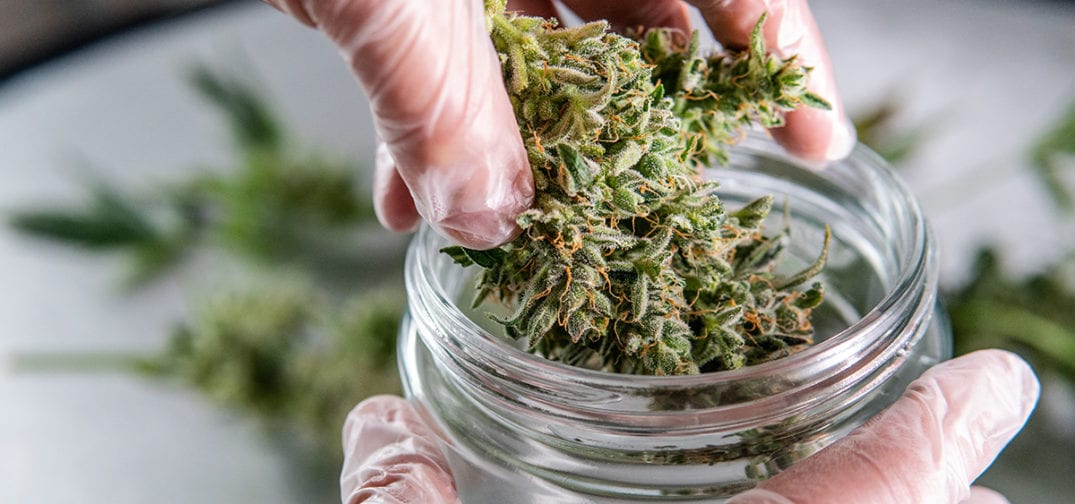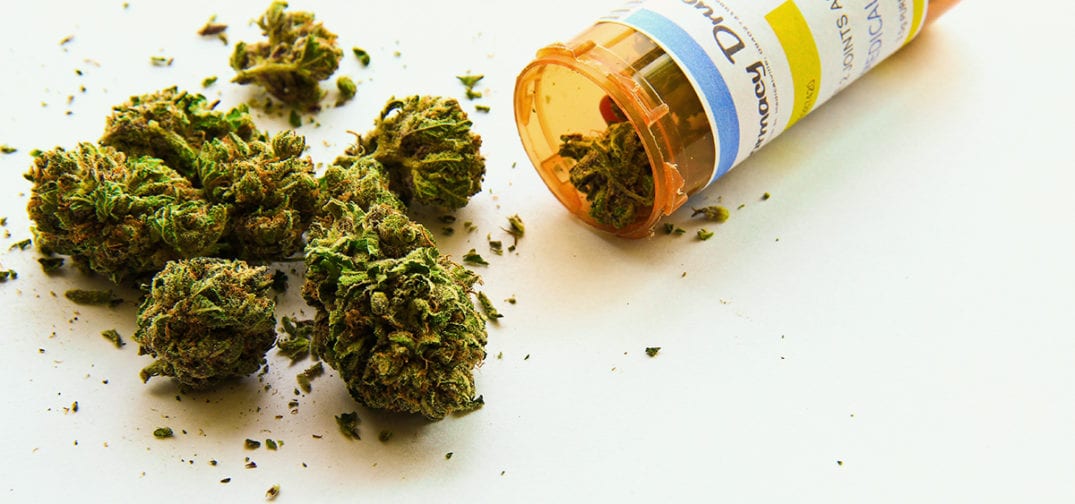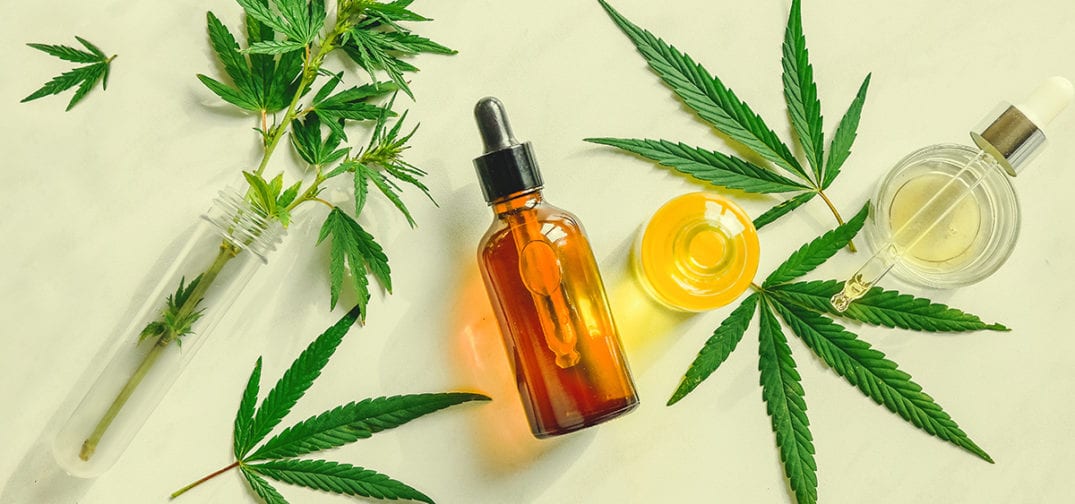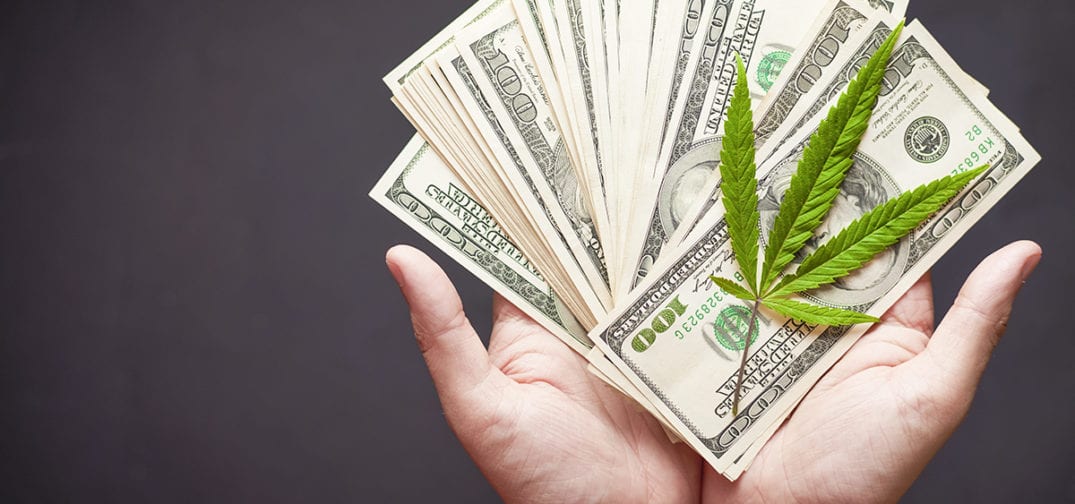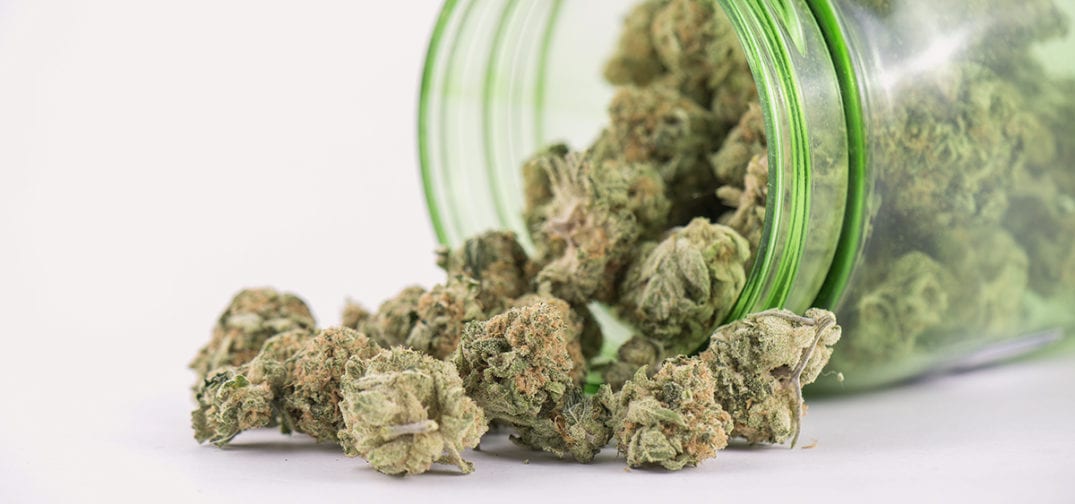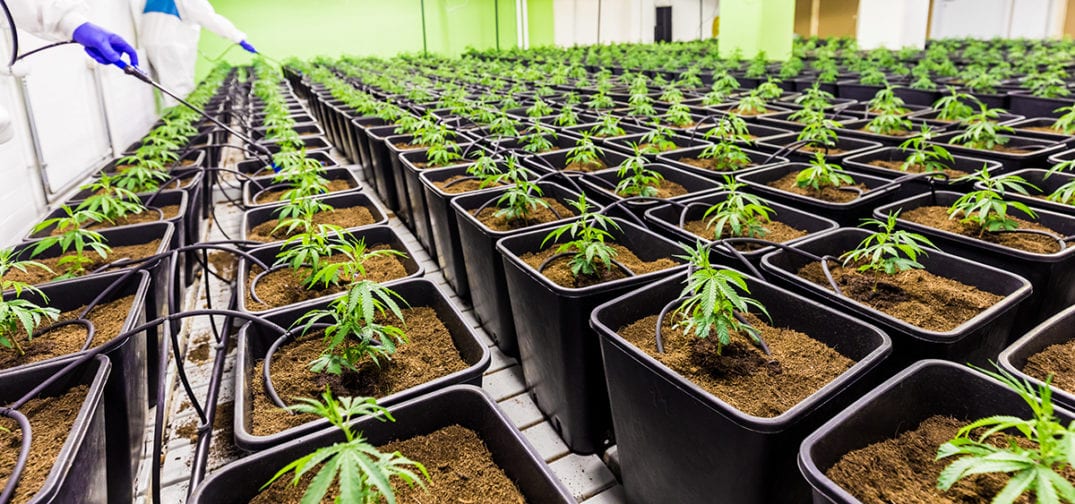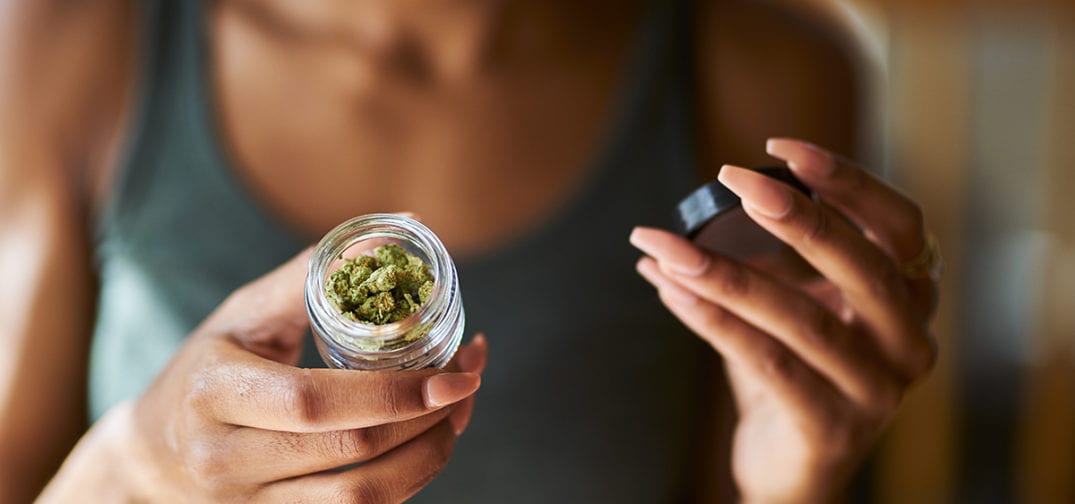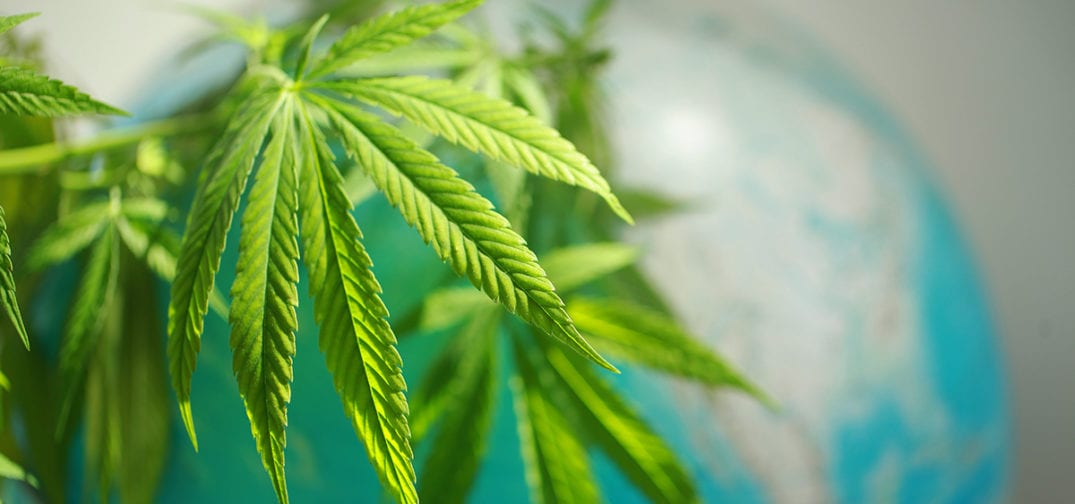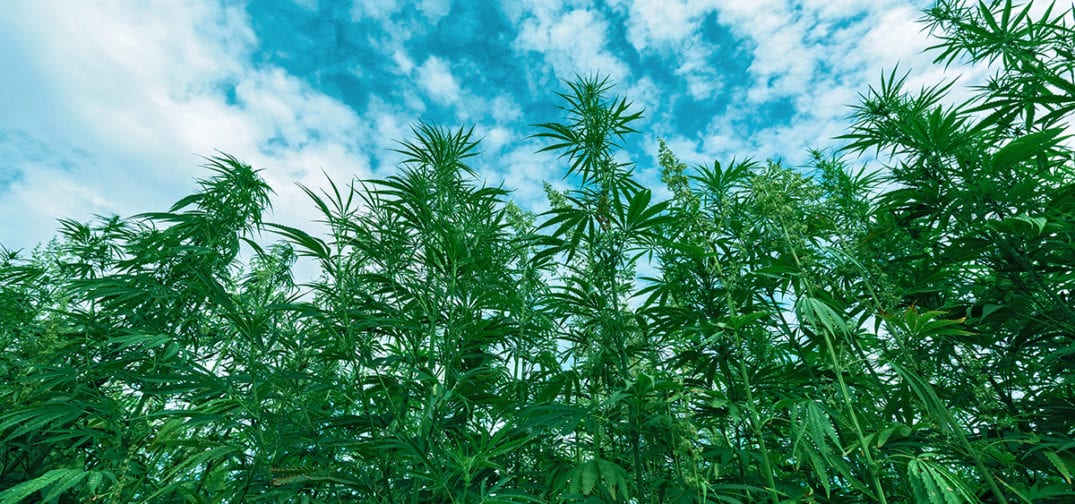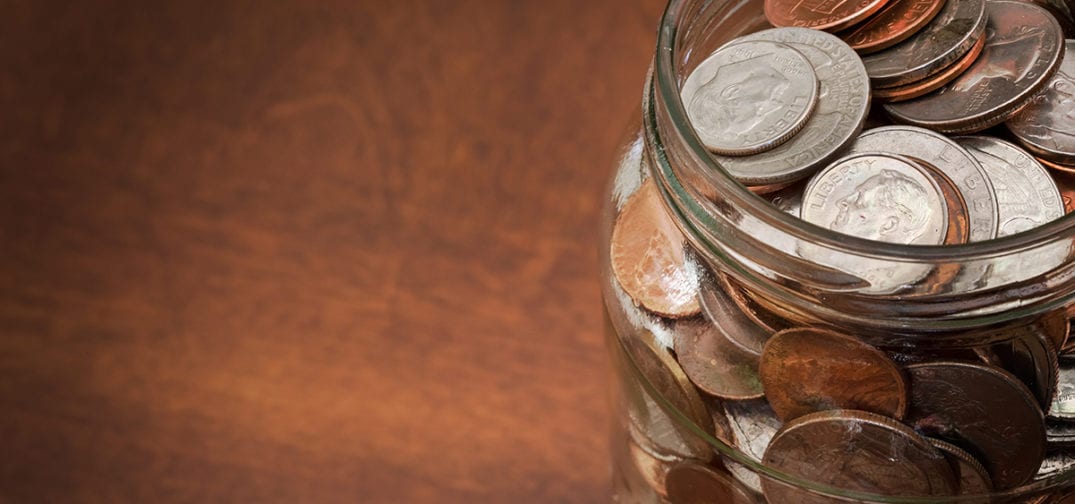We caught up with Eric recently to hear how Dama Financial helps cannabis companies access banking services, his take on the challenges that face the cannabis industry during the COVID-19 pandemic, and more. Check out the full interview below!
Ganjapreneur: How does Dama Financial serve cannabis businesses? What type of cannabis business does Dama work with?
Eric Kaufman: Dama Financial works with licensed cannabis businesses from cultivators, to manufacturers, to distributors, to dispensaries to delivery depots, and everything in between. Dama collaborates with the cannabis industry and cannabis-related businesses by providing access to compliant and transparent FDIC-Insured banking. We partner with banks across the US that have made the risk-based decision to bank cannabis. Understanding that they either don’t have the intellectual capital in-house or the wherewithal or desire to manage it themselves, the banks partner with Dama to literally run their cannabis program on their behalf. As Dama Financial is a compliance-first organization, its services for its bank partners includes all compliance on the bank’s behalf, procuring of CRB customers, onboarding the cannabis-related businesses, all ongoing customer service, as well as the development of products. The Premier Business Bank Accounts we manage include access to armored car cash pick up, a 1% interest earning account, the ability to pay employees and bills online via ACH, check or wire, and invoice approved vendors.
Do you think that cannabis retailers were prepared for the sudden surge in demand stemming from shelter-in-place orders due to COVID-19? How is Dama Financial contributing to their success and safety?
I don’t think anyone was prepared for COVID-19, one way or the other. When more and more COVID-19 cases were reported, I think cannabis retailers, like all industries and businesses, were understandably worried. They were happy to see the immediate surge in demand, but concerned that their businesses would be shut down due to ‘shelter in place’ restrictions. And some have, which is unfortunate and for them we have tremendous empathy. But, in states like CA and NY, where cannabis businesses are considered ‘essential businesses,’ retail sales are booming. As such, Dama is seeing increased demand for Paytender.
Paytender is our merchant processing and digital consumer wallet that allows customers to pay with their phones via a linked bank account or a debit card. To accommodate the surge in sales, retailers wanted to make their checkout processes more seamless by offering cash-alternative payment options. Not only is cash inconvenient, it’s inherently dirty. Given current concerns about COVID-19 transmissions, it’s a natural adjustment to move away from paper money, which can reportedly carry the virus for up to 17 days.
Additionally, many dispensaries have closed their in-store operations but ramped up delivery and curbside pickup. Paytender works online and at delivery, which other payment methods do not. States like CO never allowed curbside or delivery before, but now with the new safety regulations, they quickly adapted and are looking to Paytender for help in getting them up and running. With Paytender, Dama provides same-day access to funds and does not require rolling reserves. With same-day settlement, Dama allows retailers immediate access to their funds, which is even better than cash as the funds are banked transparently and compliantly and available for immediate use. In addition to solving logistical problems, Paytender also helps keep the customers and employees safer by implementing contactless payments. No need to transfer money or cards from hand to hand, as it is scan-and-go payments.
What do you think cannabis retailers will learn from the rise in demand resulting from COVID-19?
I think they’ll learn how important transparency really is. Many retailers use workaround solutions, which work until they get shut down. One such solution is accepting credit cards. No credit card company allows cannabis transactions, as it’s against their terms and conditions and such activity will trigger account shutdowns. And, we know from experience that if a retailer does not accept some form of electronic payment then sales drop off by roughly 30%. As such, enabling some form of sustainable and compliant electronic payment solution is integral to a retailer’s long term success. Retailers will also realize the value of having software that can easily function in multiple environments. COVID-19 changed consumer’s purchasing behavior. Many of the successful dispensaries quickly offered curbside pickups or delivery to offer contactless purchasing methods. It’s important choose software that doesn’t constrain you to selling in one place. Paytender can accommodate payments in-store, online, at delivery or curbside pickup.
How do you think COVID-19 will change consumer behavior in the future?
I have to assume consumers will be like myself, uneasy to touch dirty public surfaces, and try to carry as little cash as possible. I think consumers will prefer to purchase cannabis at delivery, through curbside pickup, or drive-through instead of in-store. Overall, contactless payments are not only going to become the new normal, but the expectation, no different than the Starbuck’s app or Apple Pay.
There are many difficulties that come with not being able to use banking services as a cannabis business. For those who are unitiated, can you describe some of the risks and challenges that are faced by cannabis businesses in the current climate?
Any licensed business that is compliant can get a bank account through Dama. But, it definitely is a heavy lift to get approved, because of the fact that we are a compliance first organization. Often, those that don’t want a bank account have been burned so many times that they don’t believe it to be possible. We’ve heard many horror stories of accounts getting shut down and funds suddenly held. But not having a bank account will hinder businesses in the long run. First, having a lot of cash on hand is dirty, inconvenient, unsafe, and expensive. Having a bank account managed by Dama Financial gets you access to armored car cash pickup, which reduces public safety risk, reduces the possibility of theft, improves employee safety, and with funds available next business day you have quick access to your money. Secondly, having the tools from online banking allows for businesses to scale. To be able to invoice vendors, pay bills and employees, and accept payments online is the future of cannabis, and allows higher acceptance to expand vendors and customers. Finally, online banking and contactless payment services are what is expected from every other industry outside of cannabis. Why shouldn’t cannabis be able to operate the same? Customers and partners have come to expect that normalcy, which will allow business to flourish.
What was your career prior to your position at Dama, and how has your past experience helped accelerate the growth and development of Dama?
Prior to Dama I spent roughly 20 years as a sports agent representing mostly NFL players and coaches. Over the years I was incredibly fortunate to have collaborated with professional athletes and coaches including Pete Carroll, Willie McGinest, Adam Vinatieri, and Laila Ali, among others. As a recovering sports agent, I also worked at Bernstein as a financial advisor with a focus on sports and entertainment clients. Sandwiched between my sports career I went to business school at Thunderbird School of Global Management and upon graduation I went to work for Euronet Worldwide, which was co-founded by one of Dama Financial’s co-founders. With a career filled with sales experience in an incredibly competitive industry, coupled with payments and banking industry knowledge, I feel I was well prepared and positioned to play a part in developing and executing Dama’s go-to-market strategy and success. In sales, we’re always competing, as each day, each month and each year are clean slates. It’s the ultimate “what have you done for me lately” role. However, I believe our charge is greater than simply selling a service or a product. We are creating the comprehensive critical financial architecture to empower the cannabis industry to operate as if it were a non-cannabis related industry. We’re providing access to solutions which CRBs desperately need. And, we continue to evolve by creating new products and services by listening to our customers and the industry at large and build solutions for their financial needs, which is both exciting and invigorating.
Thank you, Eric, for taking the time to share your thoughts! You can learn more about Dama Financial at DamaFinancial.com.
End

